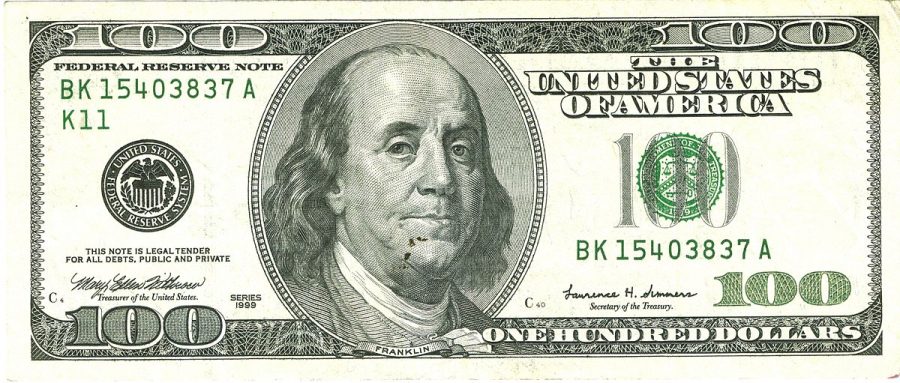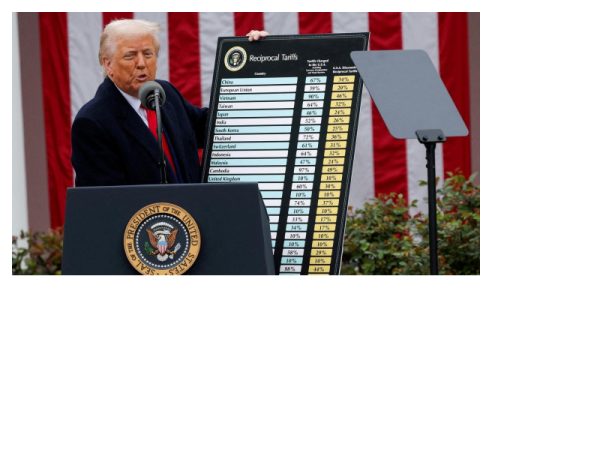$15 is not the Answer: A Remedy to the Minimum Wage Problem
In the last few years, the idea of raising the national minimum wage to $15 per hour, from the current level of $7.25, has repeatedly been invoked in Washington DC. Prominent politicians such as Bernie Sanders and Elizabeth Warren, among others, have backed the concept as a means to raise the standard of living for many Americans. However, this effort is misguided. While this does not mean that the government shouldn’t raise the minimum wage at all, raising the minimum wage to $15 will have a vast array of damaging side effects that will ensure it does more harm than good.
The simplest reason why an increase to $15 is detrimental is that it will lead to a loss of jobs. Raising the minimum wage, by basic economic theory, creates a surplus in the labor market by reducing demand and increasing supply. This effect is small with minor minimum wage increases, but raising it to $15 is no small increase; it is more than doubling the current level. The Congressional Budget Office (CBO) predicted in its nonpartisan budget report that such an increase would forcibly bleed about 1.5 million jobs by 2028 (more than 20% of the current unemployed population). And these cuts wouldn’t be distributed evenly; job losses would disproportionately impact the poor, because jobs that are closest to minimum wage would be at the greatest risk of disappearing.
Small businesses will also suffer from a minimum wage increase to $15. Having already borne the brunt of an extended period of lowered demand due to the pandemic, and now faced with rising inflation and skyrocketing labor costs, small businesses are currently struggling to stay afloat. Forcing a minimum wage increase would cause even more economic damage and would likely cause many of them to go under. Why is this restricted to small businesses? Because large corporations have the capital to reduce the number of workers and shift to automation, while small businesses do not. And small businesses employ a lot of minimum wage workers; 50% of workers work at companies with fewer than 100 workers, as reported by the Wall Street Journal (https://www.wsj.com/articles/who-really-employs-minimumwage-workers-1383001775).
All of this notwithstanding, there are some parts of the country where the national minimum wage of $7.25 per hour is simply not enough to survive. However, these areas can raise the minimum wage locally, rather than relying on the federal government. Local (and to a lesser degree, State) governments are the closest to their constituents; they are the most attuned to their region’s economic situation, cost of living, and other factors, and are thus the best possible choice to set their region’s minimum wage. Indeed, in many cities (San Francisco being a prominent example), the minimum wage is already $15. Meanwhile, in the rural hinterlands where $7.25 is enough to live a decent living, the federal minimum wage is used. There is no reason why the national government should destroy the economies of rural areas to satisfy a mostly urban appeal for a higher wage, especially when these urban areas can — and do — raise their own minimum wages with ease. Minimum wage doesn’t have to be a one size fits all solution.
So, should the federal minimum wage remain fixed at $7.25 per hour for all eternity? Probably not. Inflation is a powerful force, and the value of $7.25 has been falling consistently since 2009 (when the minimum wage was last increased). Historically, this problem of inflation has been dealt with through incremental increases every few years, but in the current political climate, any increase is proving nearly impossible to push through Congress. A viable solution would be to pass legislation that periodically adjusts the minimum wage every few years to remain equivalent to $7.25 in 2009 dollars (or $9.39 today). That way, the purpose of the federal minimum wage, to set an ultimate baseline that states and cities cannot fall under, remains fulfilled, all while ensuring that a deadlocked Congress will not have to pass any further legislation regarding the minimum wage. It should, hopefully, put that topic to bed… at least for a few decades.
Note: If you have your own policies that may be able to tackle the minimum wage question, or would simply like to respond to this article, feel free to send us a submission through Public Forum!






